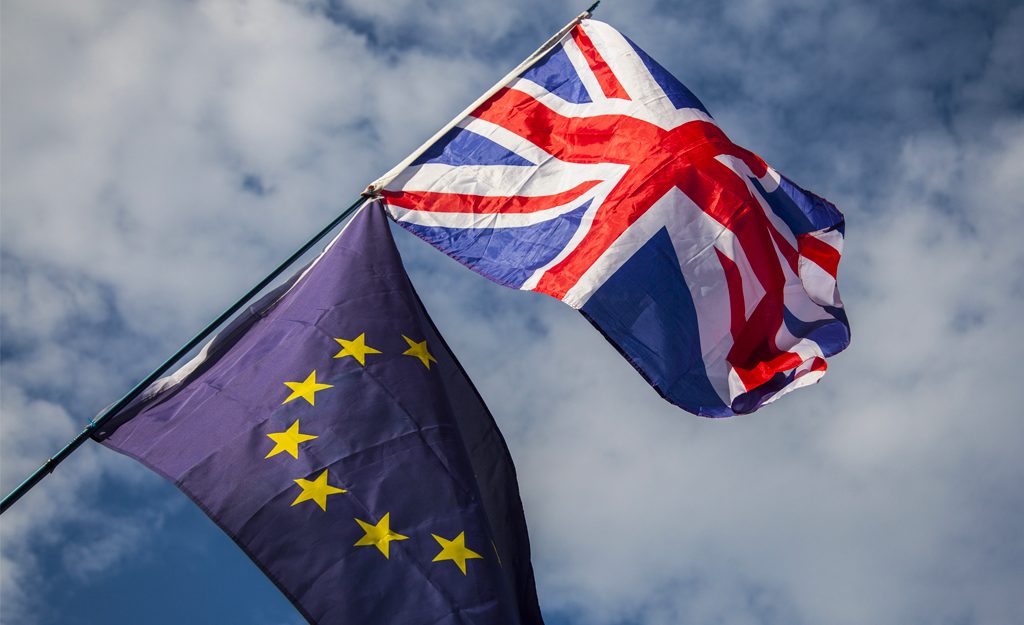

Written by Rami Cassis
4 Sep
The Brexit plan being sold to the public to move away from EU regulations & oversight is also about moving away from EU fiscal policies. This is an investment-driven agenda which appeals to international investors, like myself, but has little obvious benefit for millions of ordinary people who voted Leave.
It public knowledge that some of the wealthiest City figures in investment management are backing the Leave lobby, not least the hedge fund investor Crispin Odey and Peter Hargreaves, co-founder of investments firm Hargreaves Lansdowne. Odey’s firm has reportedly taken out “shorts” on a number of UK firms, effectively betting hundreds of millions on their shares plunging post Brexit. Same applies to the pound.
Brexit offers a tremendous opportunity for those who trade volatility (such as hedge funds), with the prospect of a cliff-edge on 31 October promising further big gains. It’s anyone’s guess who may ultimately benefit from this -as the Electoral Commission has already shown the opaque and tangled nature of “Leave” backers.
But more is at stake for Leavers in the investment community. Brexit is about far more than an opportunity to make money from a transaction. The real prize is to create a business-friendly environment with fewer protections for workers, no controls on banker bonuses, lower corporation taxes and, most likely, further privatisation of public services. The blueprint is a model which attracts foreign investment , like Switzerland or Singapore, where James Dyson moved his company. Others dream of bringing Singapore to the UK.
The irony is that much of this is unlikely to benefit the millions who voted for Brexit on the promise of a completely different agenda. In fact, moving away from many of the regulations and workers’ rights afforded by the EU is likely hurt many families in the UK, whose incomes will also fall as living costs rise.
The UK is effectively importing inflation due to the weak pound. Meantime, increased spending on public services is likely to be funded by further privatisation but I have real concerns about the quality of those services once they are being run for a profit.
Far from being pilot of its own destiny, it also looks like the UK may be willing to trade one master for a more business friendly one – the US instead of the EU. It’s not chlorinated chicken or beef on growth hormones that UK citizens should really fear, but US policies like “at will employment” (where an employee can be dismissed for any reason with no notice) or indeed, paying a lot of money for medical care. A lot of large US pharmaceutical firms have long had an eye on the NHS so Trump’s jibe about making a play for it might just be a Freudian slip.
Having the UK become a low tax environment on Europe’s doorstep with business friendly policies may be attractive for some, but it is a completely different proposition to that being sold to the British public.